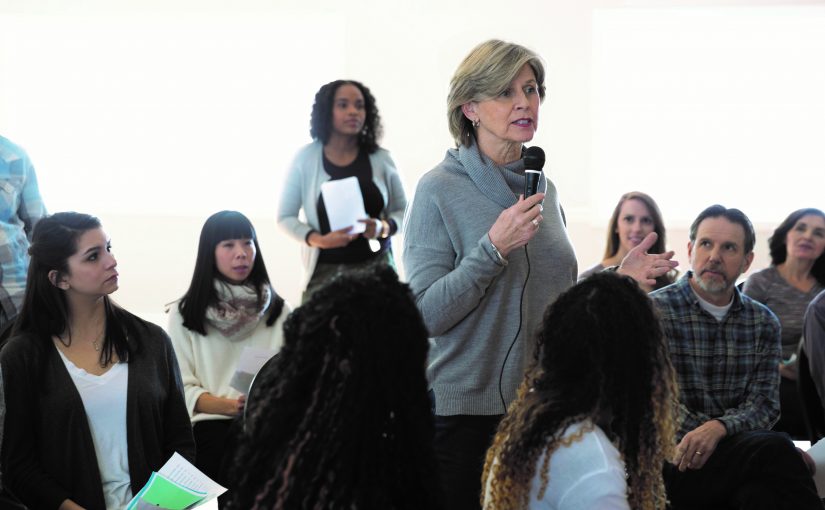
The phrase “building trust” has been the focus of many meetings, conversations, and academic publications on the topic of community policing and engagement with respect to procedural justice. It has been largely accepted as an essential pillar of 21st century policing and the ethos from which law enforcement is navigating the demands for transparency and policy change. However, infusing community policing as a concept in a department’s mission does not equate to trust building and meaningful change in the relationship between civilian and sworn communities.
Recipes for building trust between groups of people (ingroups and outgroups) have been extensively explored by academics across an array of fields, and a profound body of research for law enforcement to draw upon exists that focuses on communication issues. This body of work is built on tenets of communication accommodation theory, which itself has fruitfully aligned with procedural justice theory.
By partnering with academics, local law enforcement agencies can create evidence-based formulas to increase the likelihood of trust building and legitimacy and to propel support from within their communities, especially from people who have previously suffered strained relationships with law enforcement. Police leadership will become responsible for forging a culture that embraces the tenets of procedural justice, both inside and outside of their departments. Just as social norms change over time and geographic distance, so do individual organizational subcultures, indicating that agencies will need to invest energy in strategically developing subcultures that support this change, many of which necessitate the flexibility to adapt to specific communities.


